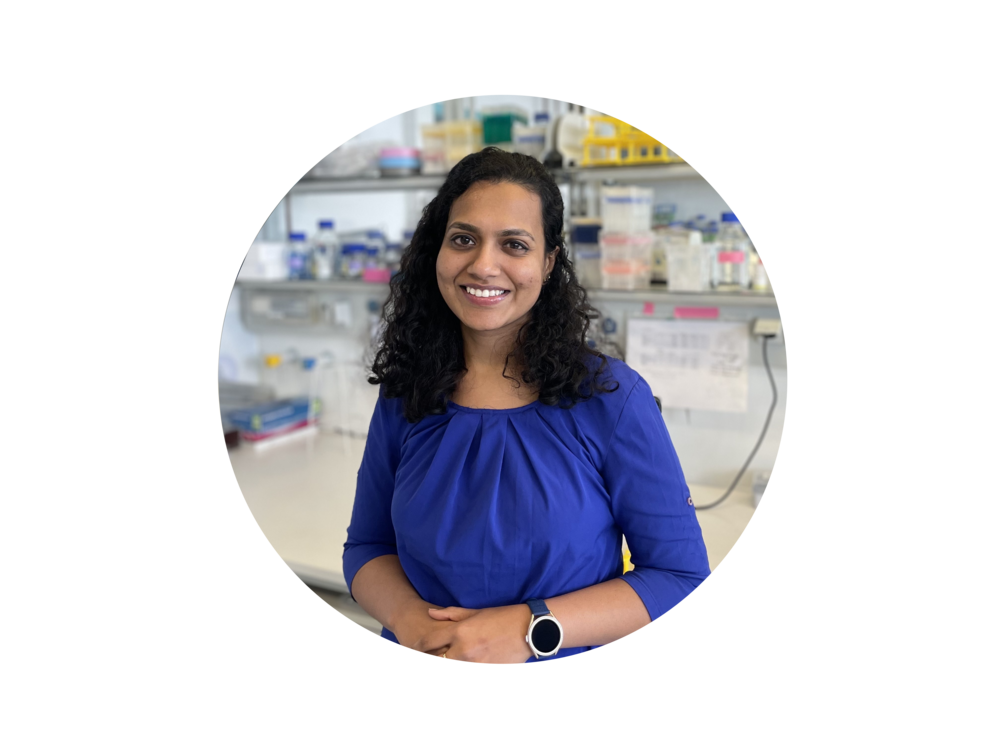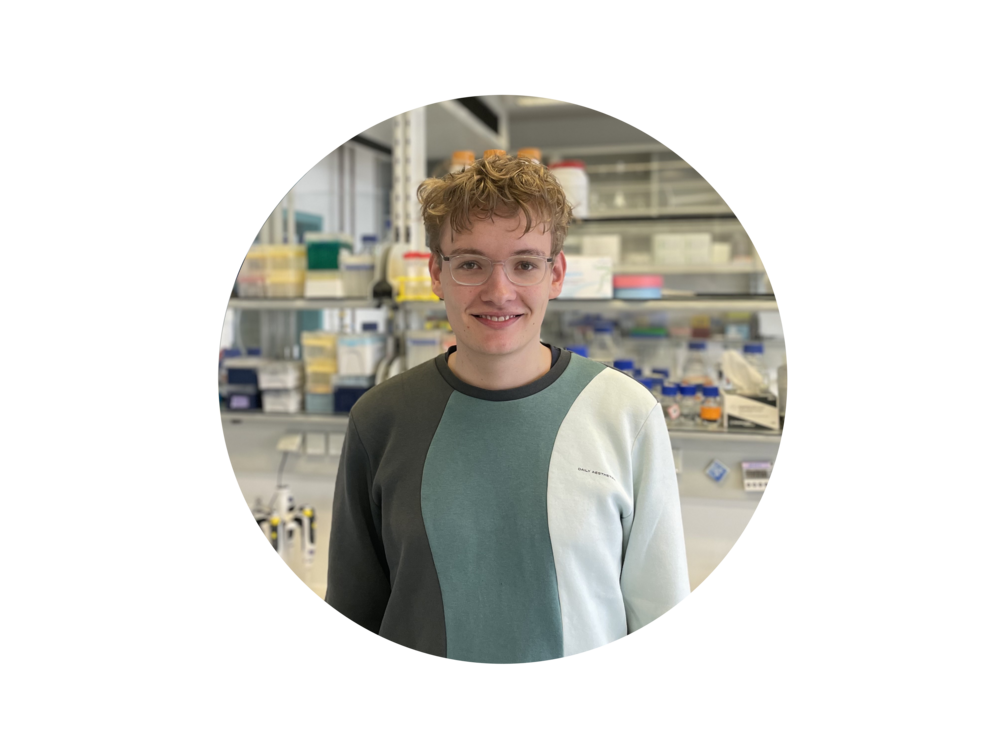SENATR
Sensing Aberrant Transcription by MYC Multimers
Background:
Deregulated expression of MYC or one of its paralogues, MYCN and MYCL, maintains the growth of most human tumors. All current models explain the oncogenic potential of MYC proteins by their ability to form complexes with MAX that universally bind to active promoters and the ability of these complexes to induce a tumor-specific gene expression pattern.
While MYC conforms to this model during unperturbed cell growth, we have discovered two paradigmatic situations in which MYC proteins undergo fundamental changes in their biochemical state, association with MAX and localization on chromatin: In response to pharmacological or physical disruption of transcription elongation, MYC moves away from active promoters to form large, spherical multimers that surround stalled replication forks. These multimers contain transcription termination factors and form a zone that shields stalled forks from RNA polymerase. Second, MYCN forms high molecular weight complexes during the S phase of the cell cycle that do not contain MAX and, like MYC multimers, contain termination factors. Their assembly depends on RNA that is normally degraded by the nuclear exosome, arguing that they too form in response to aberrant transcription. The switch between heterodimeric and multimeric states depends on non-proteolytic ubiquitylation of MYC, which alters protein-protein interactions that retain MYC at promoters.
Our data show that MYC proteins exist in a hitherto unknown dynamic equilibrium between globally promoter-bound heterodimers and multimers that form locally in response to perturbed transcription. We aim to show that these dynamics enable tumor cells to cope with stress arising from deregulated transcription and are crucial for MYC´s oncogenic function. We expect that inhibiting MYC multimerization will maintain normal growth but block the ability of tumour cells to cope with deregulated transcription and is therefore a valid therapeutic strategy for targeting oncogenic functions of MYC.
For more information about the initiative click here.
Principles of the research:
1. MYC Multimerization for stress resilience
Lead: Prof. Dr. Martin Eilers

Toshitha Kannan (PhD student)

Tim de Martines (PhD student)

Project related literature:








